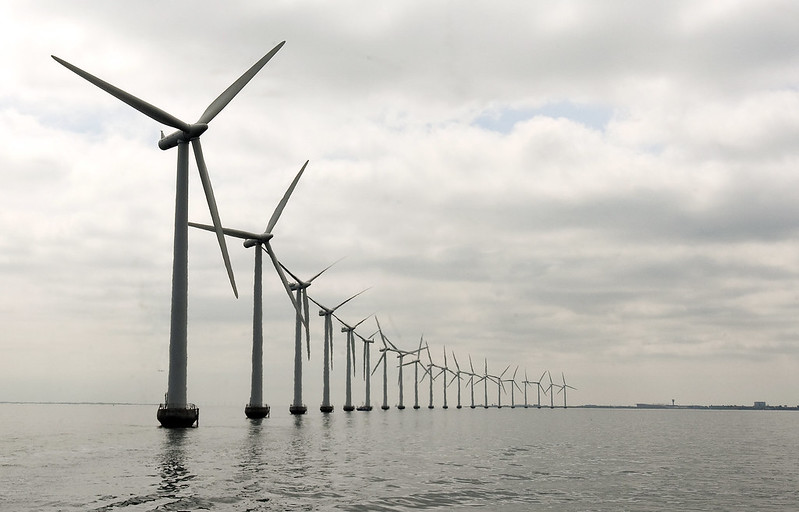Key terms used in greenhouse gas reporting and accounting for the land use, land use change and forestry sector
This paper provides an overview of interpretations of key terms related to land use, land-use change and forest, and harvested wood products (LULUCF). It represents a consensus achieved by participating experts, and collates definitions of key terms commonly used in relation to greenhouse gas reporting and accounting.




